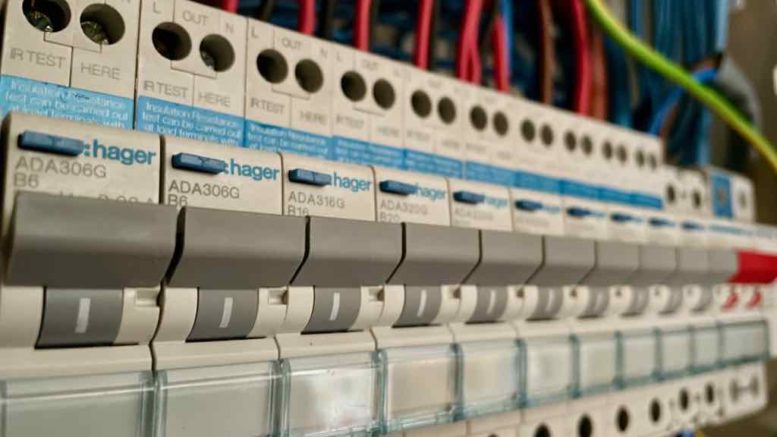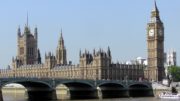Local authorities have been advised by the Government to take a ‘common-sense’ approach to enforcing electrical safety and other landlord regulations.
This is confirmed in new guidance on the Electrical Safety Standards in the Private Rented Sector (England) Regulations 2020 which require landlords to have electrical safety certificates in place for all their rented properties.
The ‘common-sense’ guidance has been issued in recognition of the compliance difficulties created by the Coronavirus Crisis.
If a tenant is not self-isolating, but is nevertheless wary of allowing people to enter his or her home to make the needed safety checks, then landlords are advised to do their best ‘to ensure that tenants understand why the work is necessary’. They should also inform such tenants of the risks involved in not carrying out the work, and ‘try to find a way to carry out the work safely if possible’.
If the tenant still wishes to delay the work in order to stay socially distanced, then the work should be rescheduled for the earliest possible time.
‘We have also advised local councils that we expect them to take a common-sense approach to enforcement of these regulations, and other standards in the private rented sector’, confirms the guidance.
Fully effective from 1 April, the electrical safety regulations mean that:
- Electrical wiring, sockets, fuse boxes, and other fixed electrical parts in rented homes must be inspected and tested every five years, or more often than this if the inspector thinks that is necessary.
- Throughout the whole time a tenant is living at the property, national electrical safety standards must be met.
- Landlords must give tenants a report that shows the condition of the property’s electrical installations. If asked for, they must also give this to the local council and to prospective tenants.
The regulations came into force on 1 June 2020. They applied to new tenancies from 1 July 2020 and to existing tenancies from 1 April 2021.







